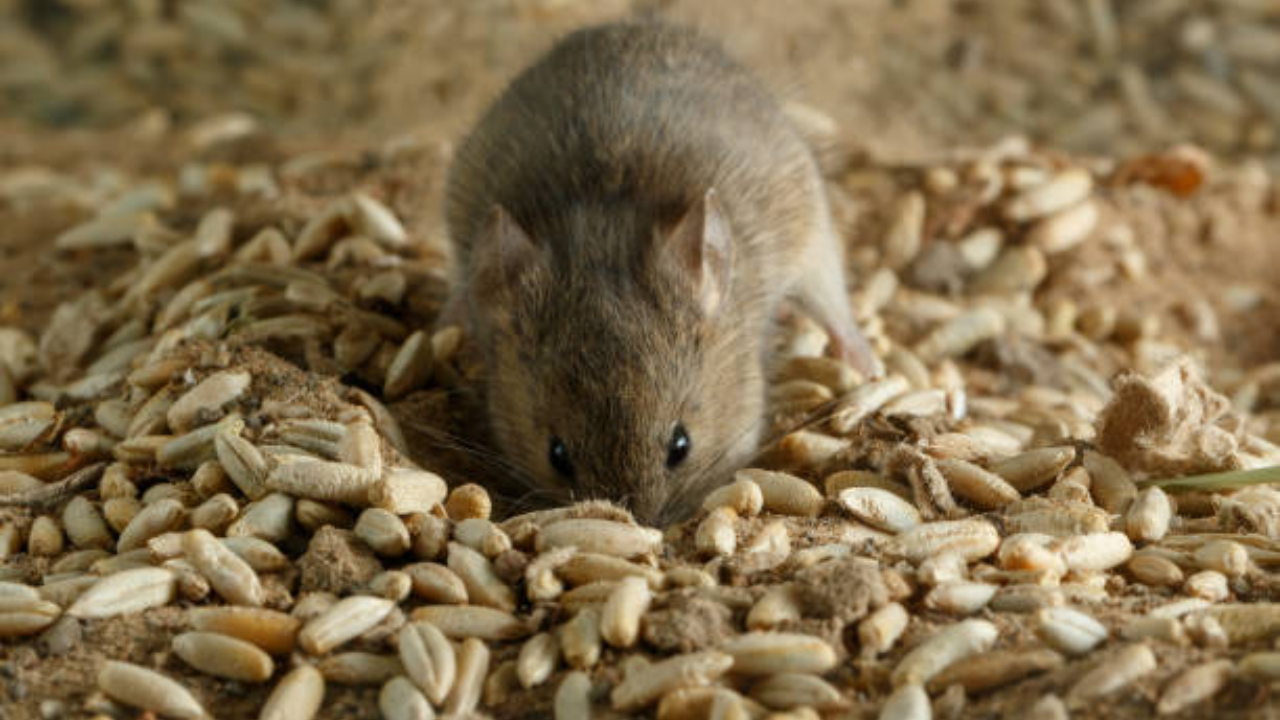What is leptospirosis?
Leptospirosis is a bacterial infection caused by the Leptospira genus, commonly transmitted through contact with water or soil contaminated with the urine of infected animals, particularly rodents. Initial symptoms include fever, headache, and muscle aches, often resembling other illnesses. In severe cases, it can progress to organ failure and potentially be fatal. The disease is prevalent in tropical climates and during floods. Prevention involves avoiding contaminated water, protective clothing, and rodent control. Timely antibiotic treatment is crucial. Leptospirosis can affect both humans and animals, emphasizing the importance of public health measures and veterinary care.
“In humans, it can cause a wide range of symptoms, some of which may be mistaken for other diseases. Some infected persons, however, may have no symptoms at all,” the US CDC says. “Without treatment, Leptospirosis can lead to kidney damage, meningitis (inflammation of the membrane around the brain and spinal cord), liver failure, respiratory distress, and even death,” it adds.
“Mostly found in coastal region”
A review and meta-analysis of 542 articles done in 2023, found that most cases of leptospirosis were reported from the coastal belt. Many patients were identified as farmers, and exposure to rainfall was identified as an important risk factor. The study found that the most common symptom was fever followed by conjunctival suffusion. “Haemoptysis, gastrointestinal bleeding, and haematuria were present in 5%, 5% and 12% of patients, respectively. Liver and kidney were involved in 34% and 35% of the patients, respectively,” the study added. “Leptospirosis is associated with significant mortality in Indian settings,” it concluded.
As per the National Centre for Disease Control, “Leptospirosis is significant public health problem in India and the outbreaks of Leptospirosis are increasingly being reported from States such as Kerala, Gujarat, Tamil Nadu Maharashtra and Karnataka. Leptospirosis is also being reported from non-endemic states wherever facility for diagnosis of such cases exists. Early case detection, accurate diagnosis, appropriate and timely treatment reduces the morbidity and mortality due to the disease.”
How to prevent leptospirosis?
Preventing leptospirosis involves adopting protective measures. Avoid contact with potentially contaminated water, especially during floods. Wear protective clothing, such as boots and gloves, in high-risk environments. Practice good hygiene, including thorough handwashing. Keep living and recreational areas free of rodents. Consider vaccinating pets against leptospirosis to reduce the risk of transmission. Be cautious when participating in water-related activities, and choose safe swimming locations. Seek prompt medical attention if exposed to contaminated water or experiencing symptoms. Public health efforts should focus on community awareness, rodent control, and maintaining clean water sources to mitigate the spread of this bacterial infection.
Easy Yoga Technique for Headache Issues: Himalayan Siddhaa Akshar


